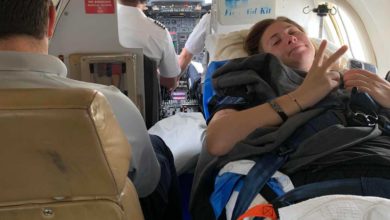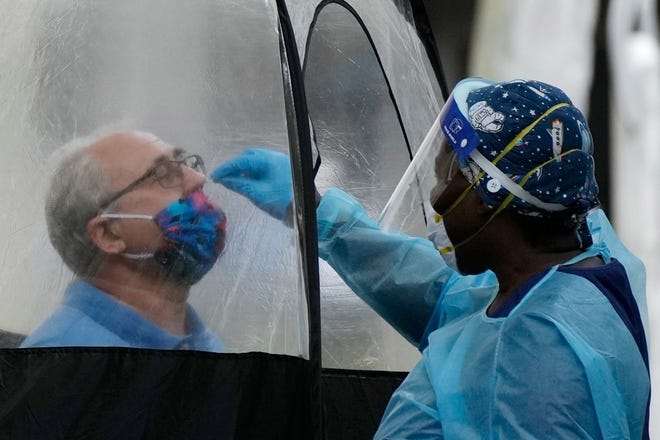

The Cincinnati Zoo's latest research subjects are up for adoption and they could help lower the number of community cats.The Cincinnati Zoo used house cats to test a new injection to prevent strays from getting pregnant.The zoo says the procedure would not require anesthesia or veterinary surgeons, unlike spaying."If we can find an alternative to having to use surgery to spay them, we can simply do that non-surgically. In essence — a long-term contraception that has the potential to make a significant impact on these populations long-term," said Lindsey Vansandt, the director of the imperiled cat signature program. The zoo says the nine cats in the study went through two breeding cycles within two years of their injections.The six cats who got a shot didn't get pregnant and did not have side effects.The zoo said the groundbreaking study represents a major milestone toward humanely reducing free-roaming cat populations and eliminating shelter euthanasia of healthy cats. Following the study, all of the study cats became eligible for adoption. Several of them have already found their forever homes with zoo staff members and volunteers, including three cats that were adopted by the senior author of the study and Cincinnati Zoo & Botanical Garden's Center for Conservation and Research of Endangered Wildlifedirector of animal research, Bill Swanson."We are cat lovers, which is one of the reasons we're excited about what this new technology can do to improve the lives of domestic cats," said Swanson. To find out more about adopting one of the cats from the study, email [email protected].
The Cincinnati Zoo's latest research subjects are up for adoption and they could help lower the number of community cats.
The Cincinnati Zoo used house cats to test a new injection to prevent strays from getting pregnant.
The zoo says the procedure would not require anesthesia or veterinary surgeons, unlike spaying.
"If we can find an alternative to having to use surgery to spay them, we can simply do that non-surgically. In essence — a long-term contraception that has the potential to make a significant impact on these populations long-term," said Lindsey Vansandt, the director of the imperiled cat signature program.
The zoo says the nine cats in the study went through two breeding cycles within two years of their injections.
The six cats who got a shot didn't get pregnant and did not have side effects.
The zoo said the groundbreaking study represents a major milestone toward humanely reducing free-roaming cat populations and eliminating shelter euthanasia of healthy cats.
Following the study, all of the study cats became eligible for adoption. Several of them have already found their forever homes with zoo staff members and volunteers, including three cats that were adopted by the senior author of the study and Cincinnati Zoo & Botanical Garden's Center for Conservation and Research of Endangered Wildlife
director of animal research, Bill Swanson.
"We are cat lovers, which is one of the reasons we're excited about what this new technology can do to improve the lives of domestic cats," said Swanson.
To find out more about adopting one of the cats from the study, email [email protected].
Source link









